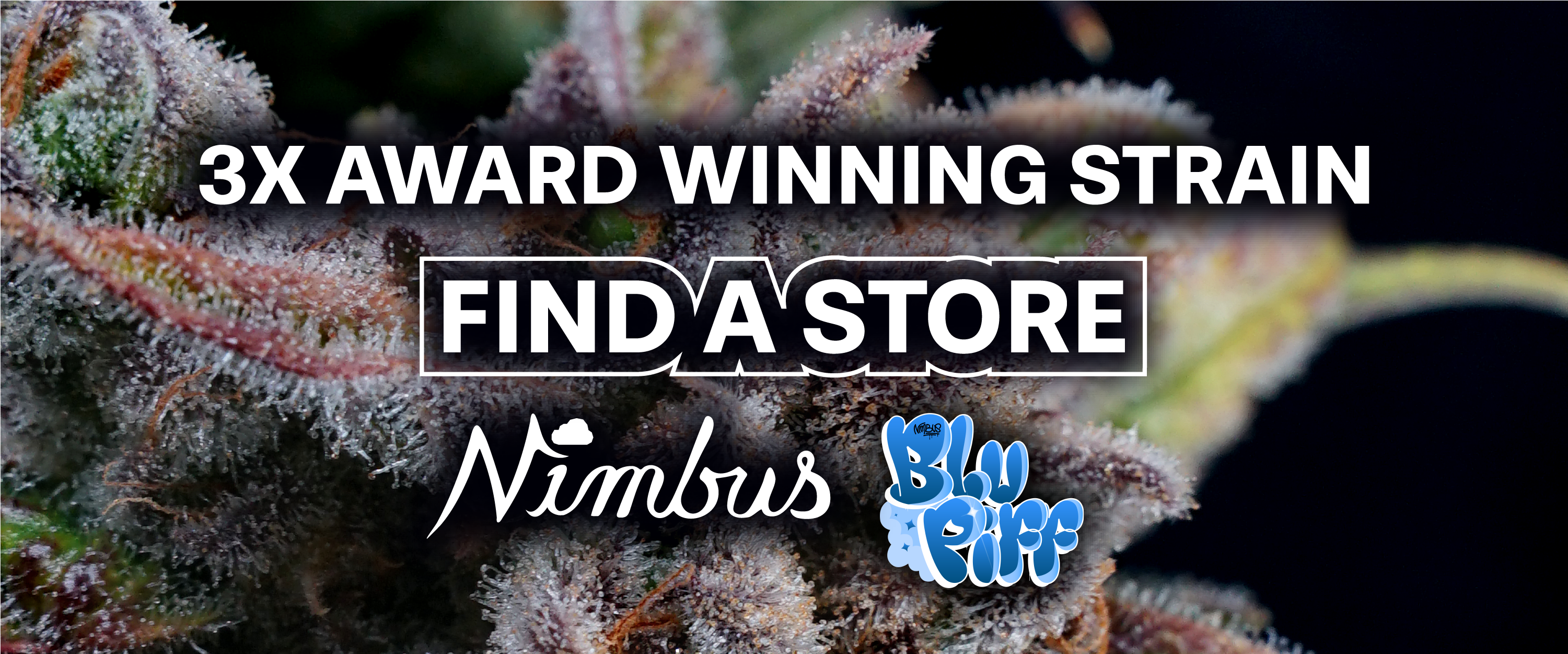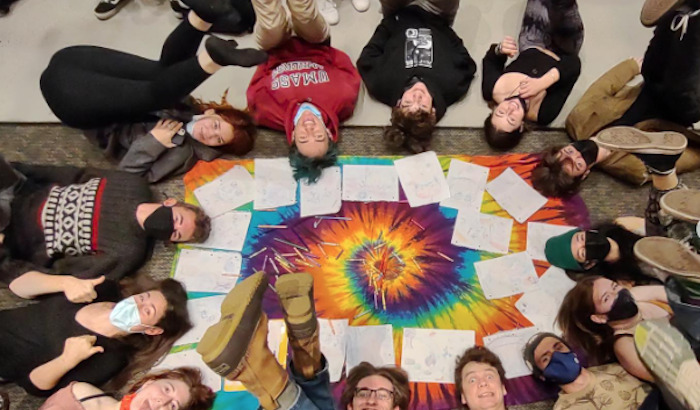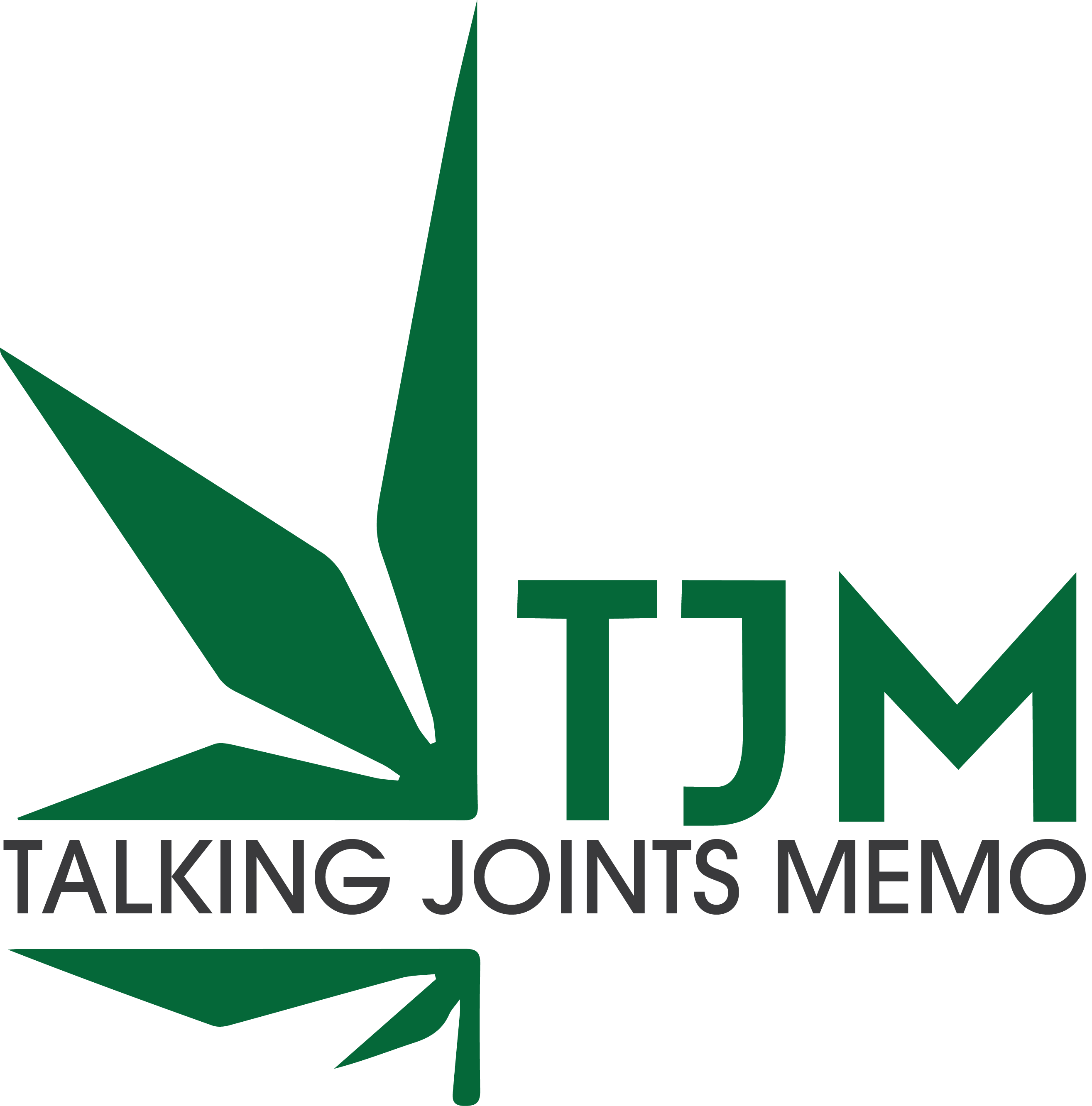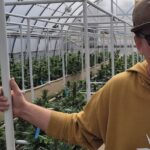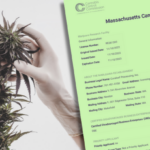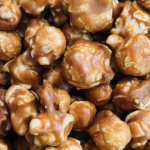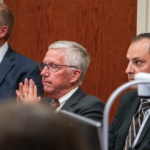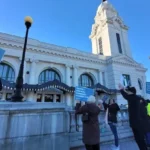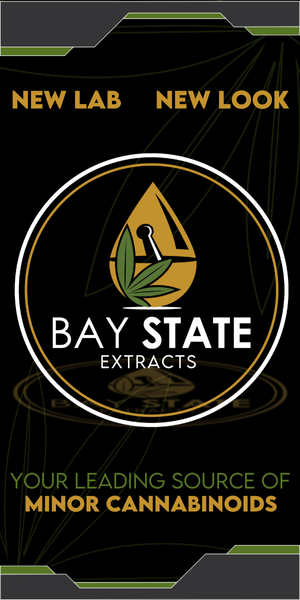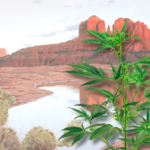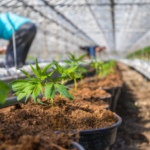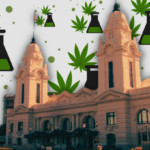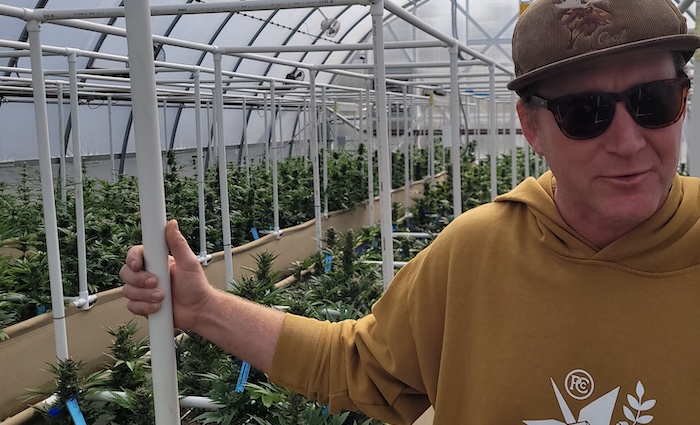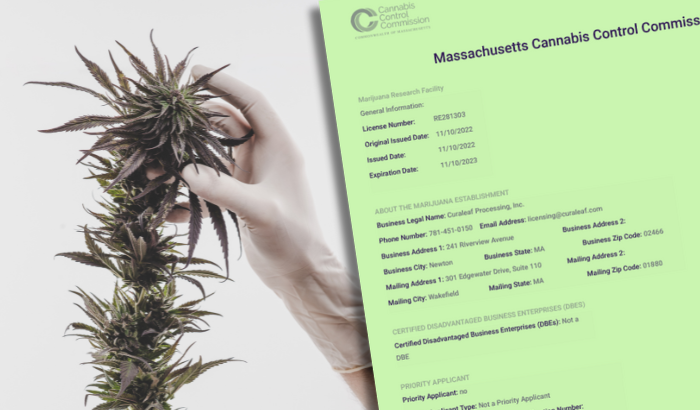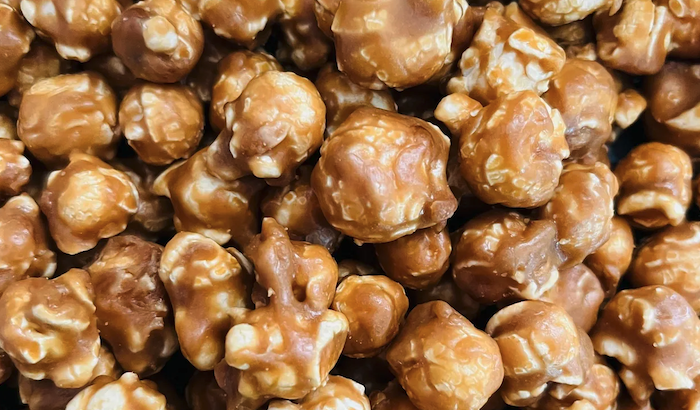“Countless people find relief from these gifts of nature, and it’s ridiculous that arrest is even on the table.”
While Talking Joints Memo is focused on cannabis culture and products, we also see that psychedelics are the next theater in the war to end the War on Drugs, and we partnered with Bay Staters for Natural Medicine to inform readers about legislation the volunteer network has filed in the Massachusetts legislature.
In addition to their efforts on Beacon Hill, BSNM has successfully pushed efforts to decriminalize psychedelic plants in Somerville, Cambridge, Easthampton, and Northampton, with various similar efforts underway elsewhere. Now, the grassroots group has “partnered with the UMass Multidisciplinary Psychedelics Club to pass a measure in Amherst, Massachusetts that declares ‘decriminalization of plant medicines represents a necessary step to assess potentially beneficial use, eliminate stigma, and enable people to seek treatment without fear of criminal penalties.’” More from BSNM here:
The measure, which was passed on a 10 to 1 vote July 18, 2022 without notifying the organizing groups involved nor the local press, makes Amherst the fifth Massachusetts city to officially call on local police to no longer enforce laws that criminalize people for growing psilocybin mushrooms, a psychedelic that has been categorized as a “breakthrough therapy” for depression the FDA. A 2020 meta-analysis of randomized clinical trials dating back two decades found that entheogenic-assisted therapy is highly effective in treating PTSD, depression, anxiety linked to terminal illness, and anxiety linked to autism.
“As the mother of a UMass Amherst student with a rare neurological disease, I’m grateful for my fellow volunteers,” Jamie Morey, a local organizer for BSNM, said in a statement. “Countless people find relief from these gifts of nature, and it’s ridiculous that arrest is even on the table.”
“This is a huge win for science over stigma,” added Adam Klem, president of the UMass Multidisciplinary Psychedelics Club. “Students in our club are forging careers in these new mental health treatments and the incredible field of neuroscience this represents. We’re very proud and humbled to lead this campaign.”
More from BSNM about the Amherst front below:
Organizers were not told about the measure’s passage nor revisions, despite attending at least six private and public meetings to share expertise. A police officer who volunteers for the Bay Staters coalition was also ignored by the town’s police chief, who does not want to end arrests for people using plant medicine. In 2010, Amherst police destroyed the life of a 21 year old student for limited distribution of psilocybin mushrooms and cannabis to other students.
A Boston Globe poll found in 2022 that nine in ten Massachusetts residents support decriminalizing psilocybin mushrooms in light of the opioid crisis. A recent study of 44,000 Americans in the U.S. Journal of Psychopharmacology found that a single use of psilocybin mushrooms is associated with a 40% reduced risk of opioid use disorder—a finding backed by a 2021 study that suggested an even stronger effect of 55%. Moreover, treatments with the psychedelic plant ibogaine help people substantially reduce opioid withdrawal symptoms.
“Psilocybin mushrooms can help every type of person: from college students to police,” James Davis, a local organizer and founder of Bay Staters for Natural Medicine, said in the statement. “It’s really inspiring to see such different people all come together for the benefit of our community.”


